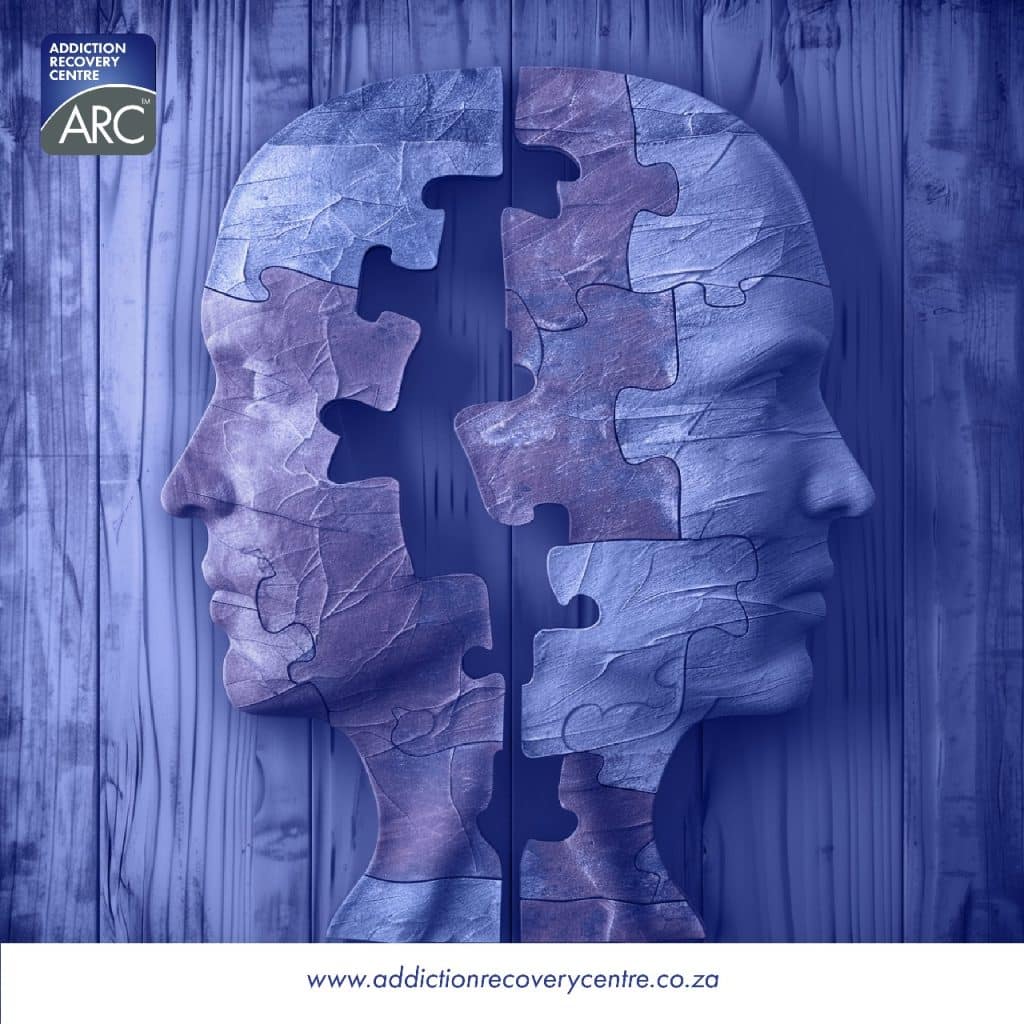
Drug Rehabilitation
Drug Rehabilitation
When you think about drug rehabilitation, it’s easy to focus on the challenges of addiction, but there’s so much more to the journey. You’ll find a range of rehabilitation programs designed to address individual needs, blending therapeutic techniques and support systems. Understanding what happens during detoxification and the various approaches taken in rehab can be eye-opening. As you explore these aspects, you might start to question how they intertwine with your own perceptions of recovery and the essential role of community in this process. What happens when the support system is tested?
Understanding Addiction
Understanding addiction is essential, especially since it affects not just the individual but also families and communities.
When you think about addiction, it’s more than just a physical dependence on substances; it’s a complex interplay of biological, psychological, and social factors. You might struggle with cravings, withdrawal symptoms, and emotional turmoil, all of which can create a cycle that’s hard to break.
Recognizing this can help you empathize with others who are facing similar battles. It’s vital to understand that addiction doesn’t discriminate; it can touch anyone, regardless of age, background, or circumstances. ARC Recovery Centre offers personalized treatment programs to address these multifaceted challenges and support individuals on their journey to recovery.
Types of Rehabilitation Programs
Recognizing the complex nature of addiction leads to the realization that effective recovery often requires tailored approaches.
You can choose from several types of rehabilitation programs, each designed to meet different needs. Inpatient programs offer a structured environment where you can focus solely on recovery, while outpatient programs allow for more flexibility, letting you maintain daily responsibilities.
Additionally, residential treatment provides a home-like setting, promoting a sense of comfort. Support groups, like Alcoholics Anonymous or Narcotics Anonymous, offer community support and shared experiences.
Behavioral therapies, such as cognitive-behavioral therapy (CBT), address underlying issues, helping you develop coping strategies.
The Detoxification Process
As you commence your recovery journey, the detoxification process becomes an indispensable first step in breaking free from substance dependence. This phase involves clearing your body of harmful substances and managing withdrawal symptoms.
It’s essential to seek professional help during detox, as medical supervision guarantees your safety and comfort.
You’ll likely experience various symptoms, which can range from mild to severe, depending on the substance used. Staying hydrated and nourished is crucial, as it helps your body heal.
During this time, emotional and psychological support is just as important, so don’t hesitate to lean on loved ones or professionals.
Therapeutic Approaches in Rehab
Therapeutic approaches in rehab play an essential role in helping you rebuild your life after addiction. Various methods, like cognitive-behavioral therapy (CBT), focus on changing negative thought patterns and behaviors.
You’ll engage in individual or group sessions, fostering a supportive environment where you can share experiences and learn from others. Mindfulness and meditation practices can also help you manage stress and cravings.
Additionally, holistic therapies, such as art or music therapy, allow you to express emotions creatively. Family therapy strengthens your support system, addressing issues that may have contributed to your addiction.
Challenges During Recovery
Recovery from addiction often feels like an uphill battle, especially when you confront the various challenges that arise along the way.
You might face cravings that seem overwhelming, pulling you back into old habits. Emotional turbulence can hit hard, triggering feelings of anxiety, depression, or anger. Daily routines may feel disrupted, and you may struggle with finding a new sense of normalcy.
Social situations could become intimidating, especially if they’re reminders of your past. Financial stress can add to the weight you carry, making it hard to focus on healing.
Additionally, self-doubt might creep in, leading you to question your ability to stay sober. Steering through these challenges requires patience, resilience, and a commitment to your recovery journey.
Importance of Support Systems
While facing the hurdles of addiction recovery, having a strong support system can make all the difference. Surrounding yourself with positive influences—friends, family, or support groups—helps you stay motivated and accountable.
These connections provide emotional support during tough times, reminding you that you’re not alone in your journey. When you share your struggles and victories with others who understand, it fosters a sense of belonging and encouragement.
Additionally, support systems can offer practical help, like attending meetings or engaging in healthy activities together. By leaning on those who care about you, you’ll find the strength to overcome challenges, celebrate milestones, and ultimately, build a healthier, more fulfilling life.
Embrace this crucial resource; it’s essential for lasting recovery.
Life After Rehabilitation
As you shift into life after rehabilitation, the journey ahead can feel both exciting and intimidating.
You’ll face new challenges, but remember, you’re equipped with the tools to navigate them. Establishing a routine is essential; it provides structure and stability. Surround yourself with supportive people who understand your journey and can help keep you accountable.
Engage in activities that promote your well-being, whether it’s exercise, hobbies, or volunteering. Set realistic goals and celebrate even the small victories.
Be prepared for setbacks, but don’t let them define you. Instead, view them as opportunities to learn and grow. Embrace this new chapter with an open heart and mind, and trust that every step you take brings you closer to a fulfilling, drug-free life.
To sum up, overcoming addiction is a challenging journey, but with the right rehabilitation program and support systems in place, you can reclaim your life. Embrace the therapeutic approaches available to you, and remember that recovery is a process filled with ups and downs. Stay connected with your support network, and don’t hesitate to seek help when needed. By taking these steps, you can build a healthier, substance-free future and thrive in life after rehabilitation.
